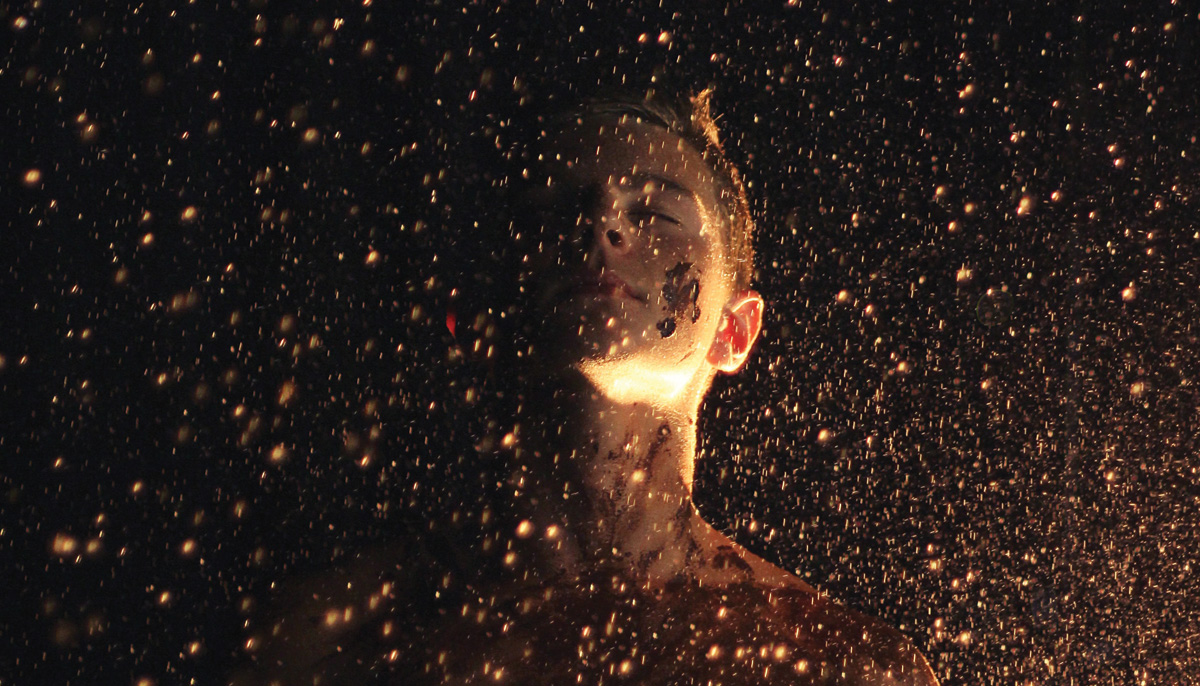If we think about it, we see that our lives are consumed by a series of dreamlike states: memories, daydreams, fantasies, future plans, emotional states, imagination, fears. Like nighttime dreams, all these mental states are partially based on “reality” and partially based on our interpretations, projections, and extrapolations.
These are produced by what is called in Tibetan the sprul pa’i sems—the mind that functions like a magician generating illusions. It is taking place all the time, both inwardly and in the way the world arises. The text The Laughter of the Dakini says, “Like a magician’s illusion, like a flash of lightning, like a dream—all phenomena that arise from causes and conditions are like these.” If we can recognize this, then it is like lucid dreaming during our daily lives.
To wake up and apprehend that dream for what it is — this is why Buddhists meditate.
As it says in The Dakini’s Heart, we practice meditation to unravel the root of suffering by discovering our mental afflictions are also like dreams. If we aren’t familiar with mind’s dreamlike propensities, we make our afflictions into our reality. If our habit is aggression, we can read anger into everything. If our habit is insecurity, we can read self-loathing into anything. We project our own emotions onto others. Acting on these misperceptions is how we produce negative karma. When we live caught in a dream that we don’t know we’re dreaming, we suffer tremendously.
To wake up and apprehend that dream for what it is—this is why Buddhists meditate. Meditation is a way of getting to know mind. Far beyond exotic fantasies of enlightenment is the everyday wakefulness of simply coming to understanding how mind functions. Only then can we function appropriately and freely within the scope of mind’s propensities.
Does observing the dreamlike power of mind negate our thoughts and feelings? No. Dreamlike phenomena must still be treated with respect and compassion. When we see projections for what they are, our mind becomes supple and agile. Yet the dream still matters. The goal is to gain the freedom to respond to it with presence, altruism, and an explorer mindset. Having apprehended the dream through meditation, explorations of ultimate importance may now ensue—What is reality? Is it possible to see beyond our projections? If so how? By waking up to the dream, we open the doorway to a supple mind and a more wakeful exploration of life.

